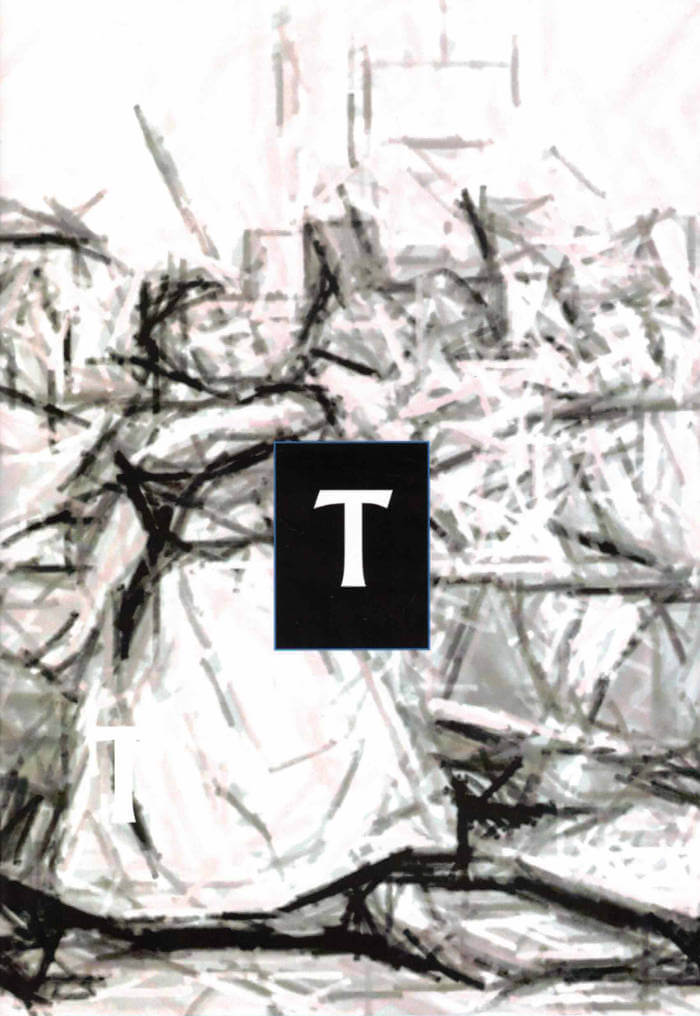
People I've met from the Internet
Stephen van Dyck's PEOPLE I'VE MET FROM THE INTERNET is a queer reimagining of the coming-of-age narrative set at the dawn of the internet era. In 1997, AOL is first entering suburban homes just as thirteen-year-old Stephen is coming into his sexuality, constructing selves and cruising in the fantasyscape of the internet. Through strange, intimate, and sometimes perilous physical encounters with the hundreds of men he finds there, Stephen explores the pleasures and pains of growing up, contends with his mother's homophobia and early death, and ultimately searches for a way of being in the world.
Spanning twelve years, the book takes the form of a very long annotated list, tracking Stephen's journey and the men he meets from adolescence in New Mexico to post-recession adulthood in Los Angeles, creating a multi-dimensional panorama of gay men's lives as he searches for glimpses of utopia in the available world.
Published 2019.
Language: English




